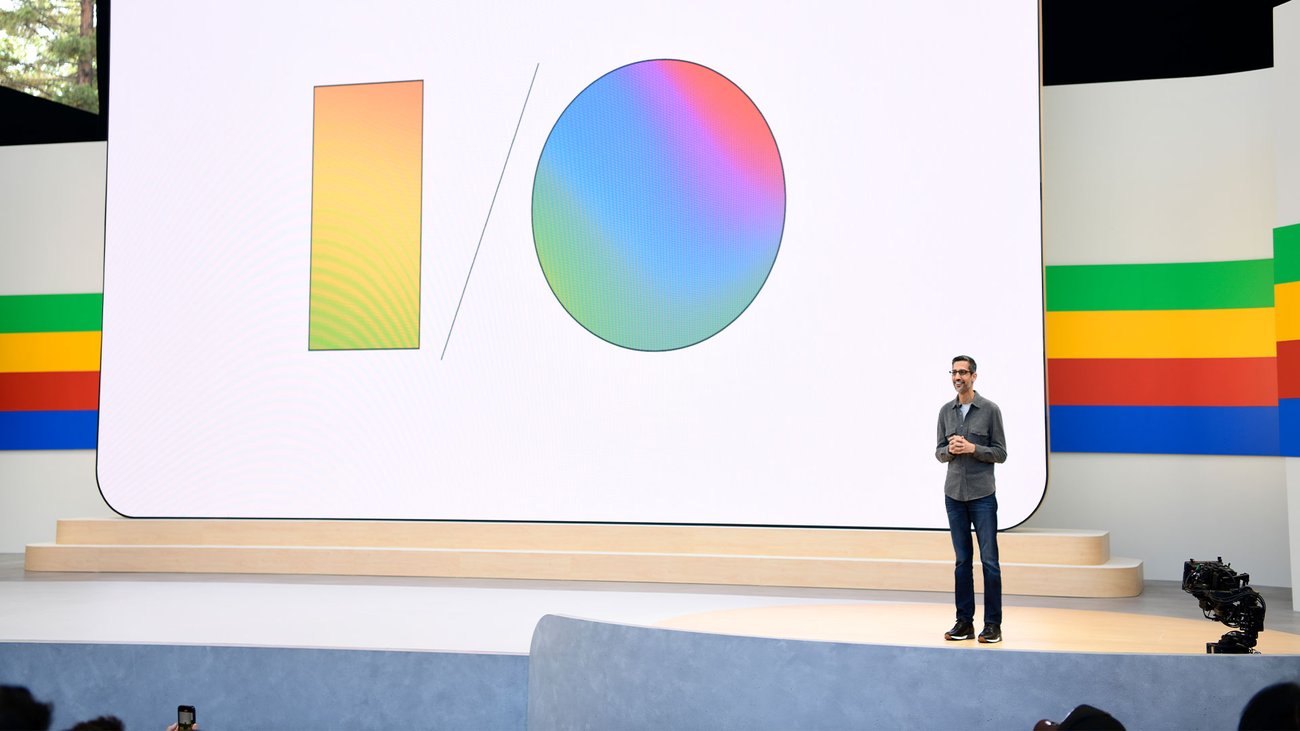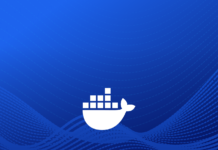At Google I/O 2024, CEO Sundar Pichai introduced significant advancements, marking the Gemini era. The demand for machine learning (ML) compute in the industry has grown exponentially, requiring substantial computing power. To meet this demand, Google has invested in world-class technical infrastructure for over 25 years.
Google’s cutting-edge hardware powers various services, including Search, while their custom tensor processing units (TPUs) drive advancements in AI. Leading AI companies like Anthropic have also utilized Google’s TPUs for training their models.
Today, Google announced the launch of its 6th generation TPUs (Tensor Processing Units), named Trillium. Trillium is the most performant and efficient TPU to date, offering a 4.7x improvement in compute performance per chip compared to the previous generation, TPU v5e. Trillium will be available to Google Cloud customers in late 2024.
Gemini Model Enhancements
The Gemini models, known for their superior multimodal capabilities, now support up to 1 million tokens, allowing for better comprehension of lengthy and complex texts. The introduction of Gemini 1.5 Pro signifies a major leap in AI performance and accessibility, making it available to users worldwide. This update showcases Google’s commitment to pushing the boundaries of AI technology, promising more accurate and contextually aware interactions. The increased token support enables AI to handle extensive documents and complex queries more effectively, enhancing user experience and setting a new standard for AI capabilities.
AI in Google Products
The integration of Gemini’s AI features into Google products is another highlight of the event. In Google Search and Photos, these features promise to enhance user interactions significantly. The new “Ask Photos” feature allows users to perform advanced search queries within Google Photos, making it easier to locate specific images based on detailed descriptions. This integration exemplifies how AI can transform everyday tasks by providing more intuitive and powerful tools. The enhanced search capabilities in Google Photos are a game-changer, saving time and making the user experience more seamless and efficient.
AI Agents and Workspace
Google’s AI agents, powered by Gemini, are designed to handle complex tasks with ease. These agents are particularly useful in Google Workspace, where they assist in summarizing emails and meetings, thereby improving productivity. The ability to generate concise summaries from lengthy email threads or meeting notes can save users considerable time and effort. This feature highlights the practical applications of AI in enhancing workplace efficiency, allowing users to stay organized and focused on critical tasks. The integration of AI into Google Workspace streamlines workflows and reduces the cognitive load on users, boosting productivity and enabling more effective communication and collaboration within teams.
Infrastructure Improvements
Training state-of-the-art models in the AI era requires a significant amount of computing power. Google has launched its 6th generation TPUs, named Trillium, which offer a 4.7x improvement in compute performance per chip compared to the previous generation, TPU v5e. Trillium will be available to Google Cloud customers in late 2024. Alongside TPUs, Google has introduced Axion processors, their first custom Arm-based CPU known for industry-leading performance and energy efficiency. The partnership with NVIDIA will also provide Blackwell GPUs in early 2025, offering breakthrough capabilities.
Google’s integrated end-to-end system includes performance-optimized hardware, open software, and flexible consumption models, culminating in the AI Hypercomputer. This groundbreaking supercomputer architecture allows businesses and developers to tackle complex challenges with over twice the efficiency compared to purchasing raw hardware and chips. The AI Hypercomputer’s advancements are attributed to Google’s innovative liquid cooling approach in data centers, which has been a pioneer in liquid cooling systems for nearly a decade. Google’s network spans over 2 million miles of terrestrial and subsea fiber, surpassing the reach of other leading cloud providers by over 10 times.
Google has been a pioneer in liquid cooling systems for nearly a decade, with a total deployed fleet capacity of nearly 1 gigawatt, almost 70 times greater than any other fleet. The company’s network spans over 2 million miles of terrestrial and subsea fiber, surpassing the reach of other leading cloud providers by over 10 times.
Review
Google’s unveiling of Trillium and their advancements in AI infrastructure demonstrate their commitment to driving innovation in the field. The increased compute performance and efficiency offered by Trillium, along with the integration of CPUs, GPUs, and the AI Hypercomputer, showcase Google’s comprehensive approach to supporting diverse workloads. The partnership with NVIDIA for Blackwell GPUs further enhances Google’s capabilities, making them a preferred choice for businesses and developers in the AI space. Overall, Google’s investment in state-of-the-art technology positions them as a frontrunner in the AI era.
For more details, read the original Google Blog.


















![Samsung’s Breakthrough Fuels Progress in Science and Industry: Interview How Samsung’s Engineering Feat Became a Catalyst for Scientific and Industry Advancement [Interview on Real Quantum Dots Part 2.]](https://www.hawkdive.com/media/samsung-tvs-and-displays-samsung-quantum-dots-technology-qled-tvs-quantum-dots-experts-interview-par-218x150.jpeg)














